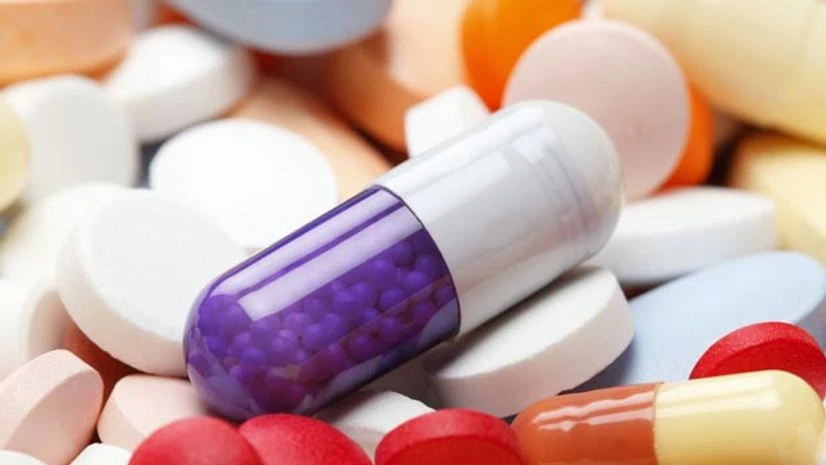A piece of news that first appeared on social media on Friday night and quickly went viral has now turned into a debate with the two sides offering diametrically different perspectives. While multinational companies and their associations are screaming ‘’extraordinary price rise’’ as the government removes customs duty exemption on life-saving drugs, the domestic lobby would have us believe that patients wouldn’t be affected in the least by the move.
The NDA government, which is at the centre of the controversy, is also claiming that any talk of price rise is imaginary. ‘’Rhetoric’’ is how a government spokesperson described the view of the other side which has fuelled the issue to centrestage.
While there may be half-truths and perhaps some merit on each side of the fence, it is the motive behind the measure of removing exemption on certain life-saving drugs that seems rather misplaced. It is believed that the duty exemption is being removed to promote Make In India.
There’s no doubt that getting companies to manufacture in India is a good idea because it results in better infrastructure in the country, generates millions of jobs and lifts the overall economy. But, it is one thing to promote Make In India through fast or knee-jerk measures in sectors like consumer goods, and quite another in the area of medicine. The answer lies in helping create competition in the pharma industry and not in imposing customs duty, argue patent experts and lawyers.
Also Read
Bringing about sudden changes in the tax structure to benefit home-grown pharma companies may end up hurting millions of patients as many diseases don’t have appropriate remedies through generic medicines produced by Indian companies. Cancer, HIV, haemophilia, diabetes are among the illnesses for which drug prices could go up by up to 25 per cent because of the latest step, if multinationals are to be believed.
The theory put forward by the government and some consultants that the prices would not rise as many of the drugs are already under the price control order is faulty too. Lawyers pointed out that most patented drugs are out of the purview of government price control. So, for those drugs which have no generic, patients will have to pay a much higher price. Several patients of haemophilia have come out to protest on social media against the government move already.
Drugs for diseases such as cancer are exorbitantly priced with a monthly dose costing Rs 1 lakh or more. And government should not take any action, without due consultations, that could hit patients even more. Health should be a priority for this government, and it should not be made a scapegoat to promote Make In India.
For now, the government is believed to be reviewing its own order, especially in the context of a 35 per cent import duty on Anti-Haeomophilic Factor (VIII and IX). This drug is used to treat haemophilia, a genetic disorder that impairs the body’s ability to control blood clotting. After all, Prime Minister Narendra Modi, when he was Gujarat chief minister had initiated many steps to help patients of haemophilia.

)
